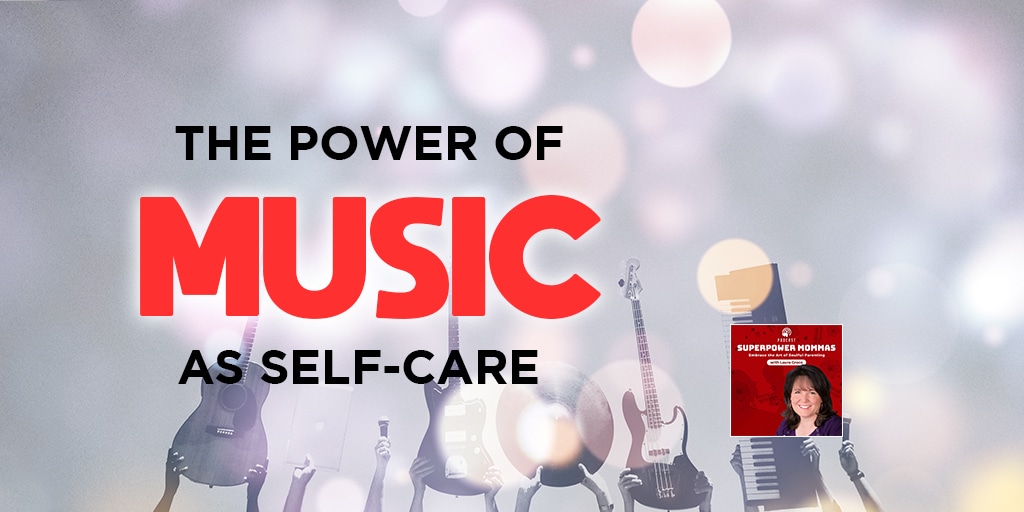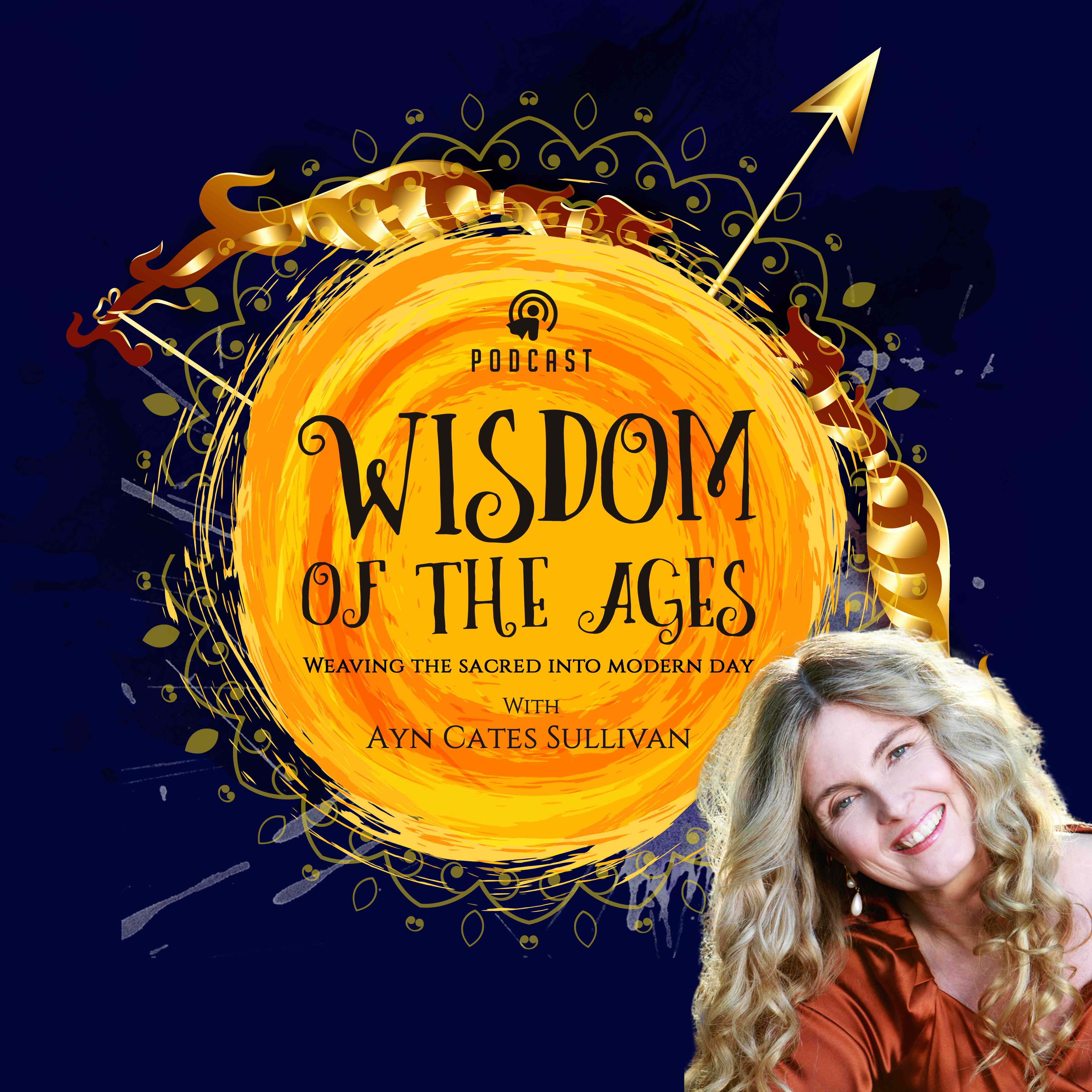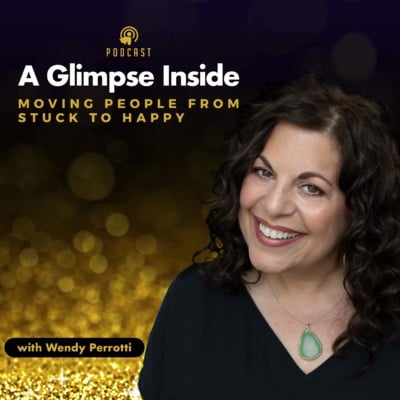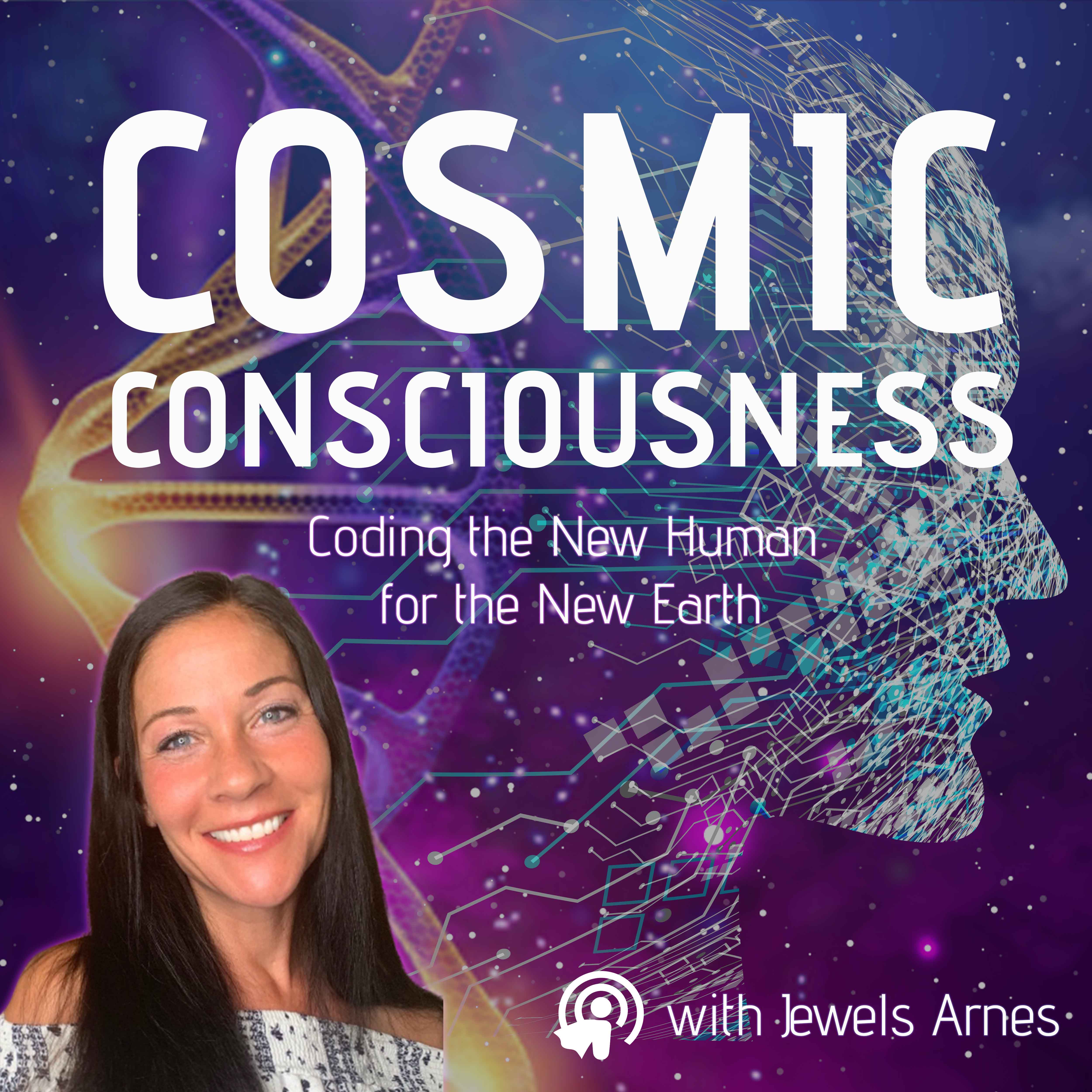 How does the power of music affect our self-care? In this episode of SuperPower Mommas host, Laura Greco is joined with Bill Protzmann, a music enthusiast that has a passion for bringing awareness to the power of music as self-care. Laura and Bill discuss the influence and joy that music has on our lives, our brains, our self-control, and self-care. Not only is it impactful and useful for our self-care, but it is also impactful for parenting, teaching, and even leading. Tune in to this episode to learn how music impacts our lives as well as useful resources.
How does the power of music affect our self-care? In this episode of SuperPower Mommas host, Laura Greco is joined with Bill Protzmann, a music enthusiast that has a passion for bringing awareness to the power of music as self-care. Laura and Bill discuss the influence and joy that music has on our lives, our brains, our self-control, and self-care. Not only is it impactful and useful for our self-care, but it is also impactful for parenting, teaching, and even leading. Tune in to this episode to learn how music impacts our lives as well as useful resources.
Hello, everyone, and welcome. You’re listening to SuperPower Mommas, and I’m so excited to talk with you about this topic that we are covering today, and that is the power of music as self-care.
I’m just going to pause a minute. Music is such an intricate part of our lives, whether we are musicians or we just enjoy music altogether. We’ve discovered that it’s in our worship, it’s used there, it’s also the background in movies, and plays, and things that we observe, it sets the mood or changes the mood, it can be such an inspiring thing, and it can also lead us to other feelings.
So, I am so excited to be able to share with you our guest, Bill, let’s see, Protzmann. I’m so excited to have him with us, because he is passionate about music, and his mission is to raise awareness for the power of music as self-care.
So welcome, Bill.
Hey, it’s great to be here. Thank you so much for inviting me to your show.
Yeah, I’m so excited to have you here. I have understood the power of music and just my own feelings about it, I’m not a musician myself, I don’t sing, at least to everyone else, but I love that someone is out there raising the awareness for this. So, thank you for your work.
You’re so welcome. Thanks for your support.
Yeah. And really, you perform, you’re a speaker, you consult, and you’ve even been recognized for awards and yet you’re mission is the power of music in self-care.
Yes. It’s so important. It’s this amazing modality that we all use all the time and being able to raise awareness for the, I don’t want to say the intelligence, because it’s way more than the mind, but for the full appreciation of how to use music with a purpose. That’s an incredible mission. And it’s so amazing to be in the room when the lights come on and people get it.
Yeah. And so, when we start, and that’s actually what I was alluding to when it comes to worship or movies or all the different ways that music can affect us that’s not mental, but really brings in feelings, and emotions, and all of that. So, yeah. Not to mention the cognitive part. But I always ask, and I’m going to ask you, too, what is your superpower?
Well, I thought about this question. It’s really a great one. There’s so many. But it’s really strange, my superpower doesn’t really have a lot to do with music.
Okay.
That’s sort of secondary. My superpower is acceptance. And that shows up in so many ways. But to have full acceptance is so rare these days. And I’m a student, too, I’m still working on this. But to feel fully accepted is a gift that I offer anyone that I’m working with. And I think that results in so many amazing… it has so many amazing benefits in the relationship, I think that if you boil it down, is the real superpower.
Yeah. Yep. I love that. Acceptance is also, you know, when we’re in a place of not accepting, we become disappointed and angst is what follows. Right?
Yeah, real quick.
So when we can be in a place of acceptance, which is a practice, right? We, none of us are, I don’t know if we’re ever going to be perfect at that exactly, but the closer we come to that ability in our life is certainly a great superpower to have. And I would ask you then, how does this superpower assist you in the work that you’re doing with music?
I love this question too. There’s so much insight in the pre-show questions that you’ve sent to me, and I’ve been excited about this opportunity to talk about them with you.
So, acceptance is one of those things that musicians have to practice, because oftentimes we’ll show up all ready to go, sometimes it’s a solo, sometimes it’s a band, and there’ll be three people in the room. And you can’t just play, and you can’t do anything less than your best, depending on the number of people in the audience, that can’t be the throttle for what you give. It’s either you’re there and you’re giving or not.
So, I’ve always said I play for the one person in the room. Literally, there are a thousand people there or whatever, as long as one person is reached by what happens, that’s the thing that matters. And that’s been a sort of lifelong practice. Because I’m not a pop star or anything like that, if I give a concert, I’m lucky if I get 50, 20 people there. So I’ve scaled what I do to that smaller audience kind of environment. But standing on the stage in front of the National Council and 5,000 people in the room, that’s a different sort of environment, too, but the same practice applies.
And the way that this has shown up most poignantly for me is in the volunteer work that I do with at-risk veterans and homeless people. Because in that place, Oh my gosh, first of all, at-risk people are beautiful because they have nothing left to lose and the only way is up. So when you’re in that place, it’s very humbling, and you need to learn to accept all kinds of, they call it, the way that people present in the clinical world. I’m not a clinician, but I’ve learned some of the language, people present with all kinds of things.
I’ve become good friends with a guy who is homeless and will probably be for the rest of his life, who is schizoaffective, and this is such a beautiful person, this man is amazing. I would never have reached a level of mentoring with this guy if I’d had a gate up that said, “No, I can’t accept that.”
One of the people who helped me launch the Guitars for Vets chapters in San Diego was bipolar. And there’s a lot of scary issues in the mental health field, and sometimes they can be frightening, and sometimes they can be very beautiful. But you have to put all of that aside and just accept people for who they are and allow them to come with their superpowers to whatever the opportunity might be.
It’s a wonderful thing to know that music can downregulate my schizoaffective buddy to a place where he can communicate like at a normal level where most of the rest of us communicate, it sort of dials him back, he downregulates. And that there are other people who, like me, have some sort of chronic depression issue and music, it helps us upregulate so that we can be in the normal place, and with air quotes around normal, because who knows what normal is.
Right.
So, the practice of learning to accept others in their place has also made me more aware and helped my practice of accepting myself with my limitations, and crazy, and all the weird quirks that I have. I’ve become much more gentle as a result of the practice. And it’s not that it changes things, that’s not the objective here.
Obviously, we would like to end homelessness, and we would like post-traumatic stress to be healed. But that’s not the objective. The objective is connecting, is becoming a little bit more human, and allowing other people to find you in your humanity, too. Whether those are kids that you’re parenting or mentally distressed people who really need some help, or some assistance, or some hope, it doesn’t matter. It’s the same practice.
Yeah.
And the way the universe works is when you get good at one aspect of your practice, you get challenged to do it more and do it deeper. And so that’s my process of learning, too. Here we are in the midst of a pandemic. How can you practice acceptance when the entire world is on lockdown, almost. What a crazy place. But still, the practice keeps deepening, here we go, I wonder what will happen next. Right?
Right. And I guess that’s why we call it practice, right?
Yes. Because it is. It’s not about getting it right. It’s about getting it better, you know, get better at it.
Yes. And that’s of self-measure, which I want to, so we have to go for a break, but I have been listening to you and just seeing the different avenues that we want to take this, especially since our audience is primarily moms. We talked about already the title, The Power of Music in self-care. And we also think about it for children, and the importance of children being involved in music, and how that can assist them.
And I was also thinking about the idea of parenting with acceptance with our children. So, I see us having a really beautiful conversation, so I invite everyone to stick with us. But before we go for a break, I would love for you to share where people can find you, your website, or whatever, wherever you want to send them.
The easy way for today, rather than going into all the complexities of the web, is to go to musiccare.net. I’ve got a resilience guide that you can download in exchange for an email address, it’s totally free, and it explains how to connect music with resilience practice, in terms of like anybody can use, and it’s definitely scalable. So you can do this with your kids, or with your team, or just with yourself. musiccare.net/free.
Beautiful. Beautiful. So, stick with us, everyone. We’re going to be back. We’re talking about the power of music in self-care.
To listen to the entire show click on the player above or go to the SuperPower Up! podcast on iTunes.
Podcast: Play in new window




